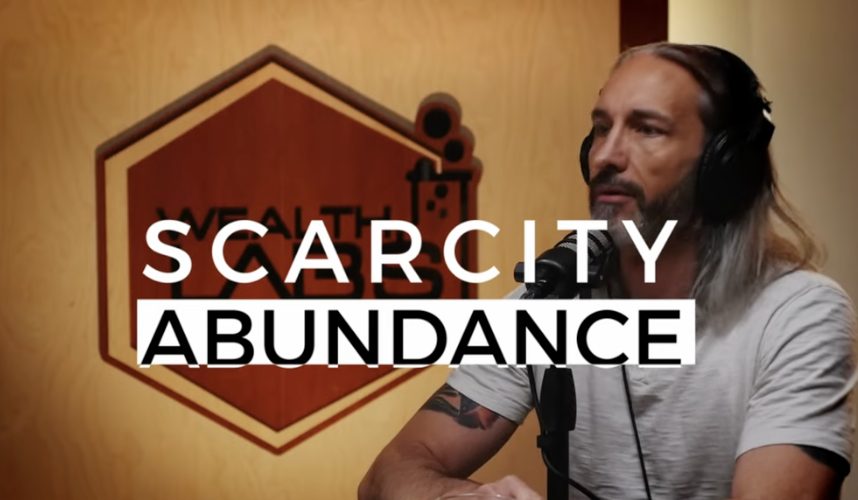I wasn’t born with money or a natural understanding of it. Even when I entered the financial industry, I carried significant blocks. My family history taught me there was only so much to go around. My ancestors were hard laborers who got limited results despite their efforts. They lived with the fear that without money, they could lose everything – even family.
My great-grandfather couldn’t earn enough to feed his family. This wasn’t the modern “I need to put food on the table” excuse we casually throw around. This was literal hunger. That fear was passed down through generations, creating a scarcity mindset that affected how I viewed wealth.
The Money Personas That Trap Us
In my book Money Unmasked, I identify four money personas that shape our relationship with wealth. Two play “not to lose” while two play “to win.”
The “play not to lose” personas include:
- The Miser – Focused on preservation, cutting expenses, and hoarding cash
- The Conservative – Holding on but more likely to use “safe” investments like retirement plans
These personas are stuck in the past, desperately holding onto what they have at the expense of growth.
The “play to win” personas include:
- The Striver – Playing the status game, focused on earning and achieving
- The High Roller – Chasing opportunities, often willing to fake success
These personas sacrifice the present for future gains, often leading to burnout or bankruptcy.
Breaking Free From Family Money Stories
Our earliest money memories shape our relationship with wealth more than we realize. I’ve worked with countless people who couldn’t identify their first money memory until we dug deeper – revealing painful experiences like overhearing parents arguing about bills or feeling like an outcast because they couldn’t afford new shoes.
These stories initially feel like protection but eventually become prevention. We think they’re keeping us safe, but they’re actually holding us back.
The stories exist in layers:
- What we tell others (“I don’t need a nice car”)
- What we tell ourselves (our judgments and insecurities)
- The buried childhood experiences we can’t even articulate
That deepest layer creates irrational behaviors around money – blowing it when we get it, hoarding it obsessively, or giving it away impulsively.
Flipping the Script
To transform your relationship with money, you need to flip the script. This requires co-creation – finding someone who can support and inspire you with a more abundant mindset. This person gives you accountability and a safe space to voice things you’ve never said aloud.
When we speak our money shame, it loses power over us. Many avoid vulnerability because they fear judgment, but sharing these beliefs in a safe space removes their control.
I’ve done extensive personal development work – from ontological programs to therapy – to identify belief systems that sabotage rather than serve me. Many stem from unaddressed past experiences when my brain wasn’t developed enough to process them properly.
One simple but powerful shift: turn defeating statements into questions. Instead of “I can’t afford it,” ask “How could I afford it?” This activates your brain to find solutions rather than accepting limitations.
Value Creation vs. Expense Reduction
Most people believe wealth comes from reducing expenses. But that approach is finite – you can only cut so much. I learned this lesson when I spent one Saturday looking for ways to reduce expenses and the next Sunday focusing on increasing production.
The Saturday work saved us $120 monthly. The Sunday work generated $5,000 monthly by letting financial advisors observe my methods. The difference was stark – reduction is finite, but production is infinite.
This shift requires moving past the belief that money is scarce. I now focus on mindful cash management, categorizing expenses as:
- Destructive (eliminate these)
- Lifestyle (pay cash for these)
- Protective (necessary safeguards)
- Productive (investments that generate returns)
The game-changer is focusing on expansion rather than reduction.
Handling Family Relationships
When you’ve overcome money blocks but your family hasn’t, boundaries become essential. I’m selective about what I discuss with whom. I share victories with people who genuinely celebrate my success, not with those who might resent it.
You can maintain relationships without discussing money. There’s nothing like a small mind to kill a big vision, so I share my dreams with those who want to expand them, not shrink them.
If you’re struggling with family money mindsets, examine your beliefs. Ask yourself: Is this belief serving me? Why do I see money this way? Is there anything wrong with creating value and solving problems?
Money is a wonderful servant but a terrible master. When we master money rather than letting it master us, we free ourselves from the limiting beliefs of our past and create the prosperity we truly deserve.







